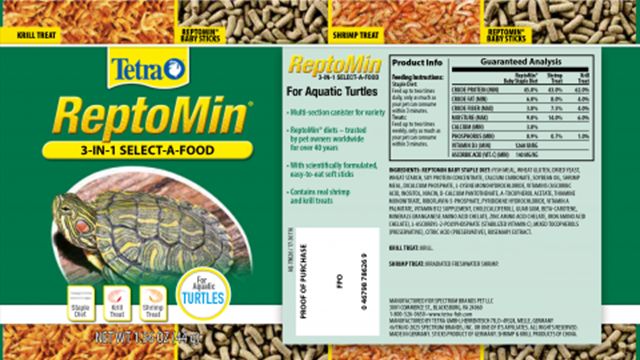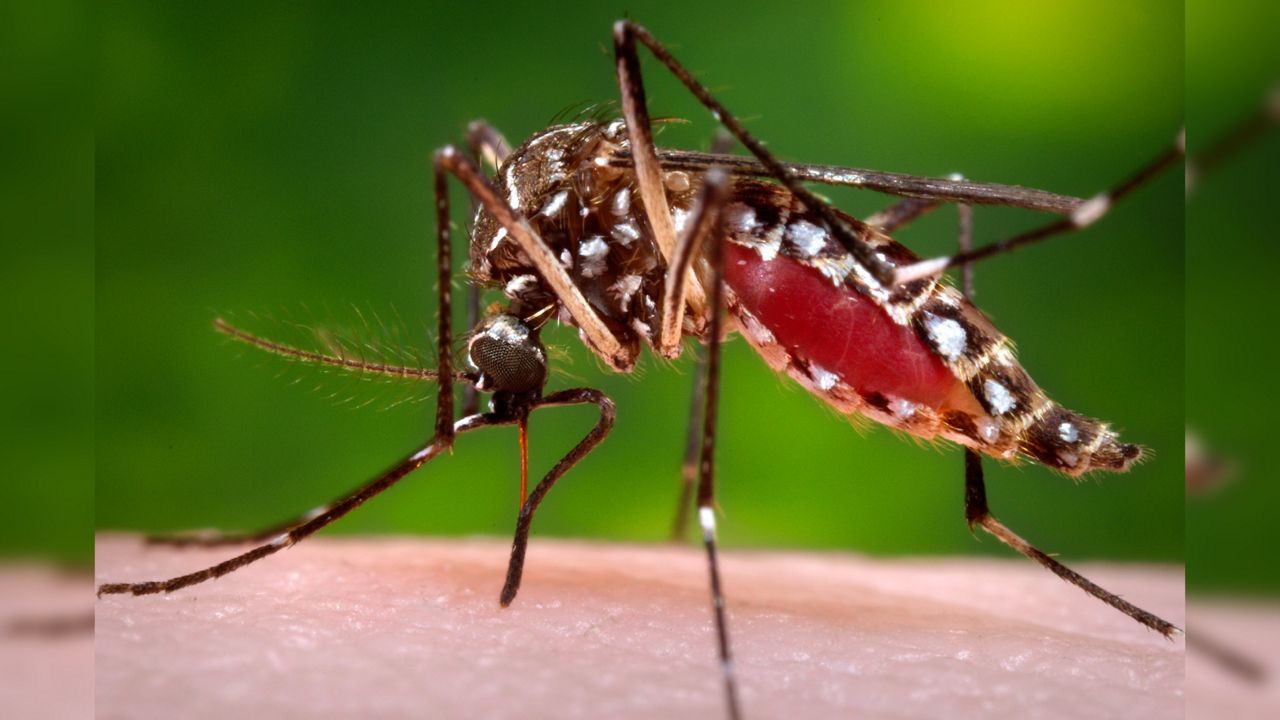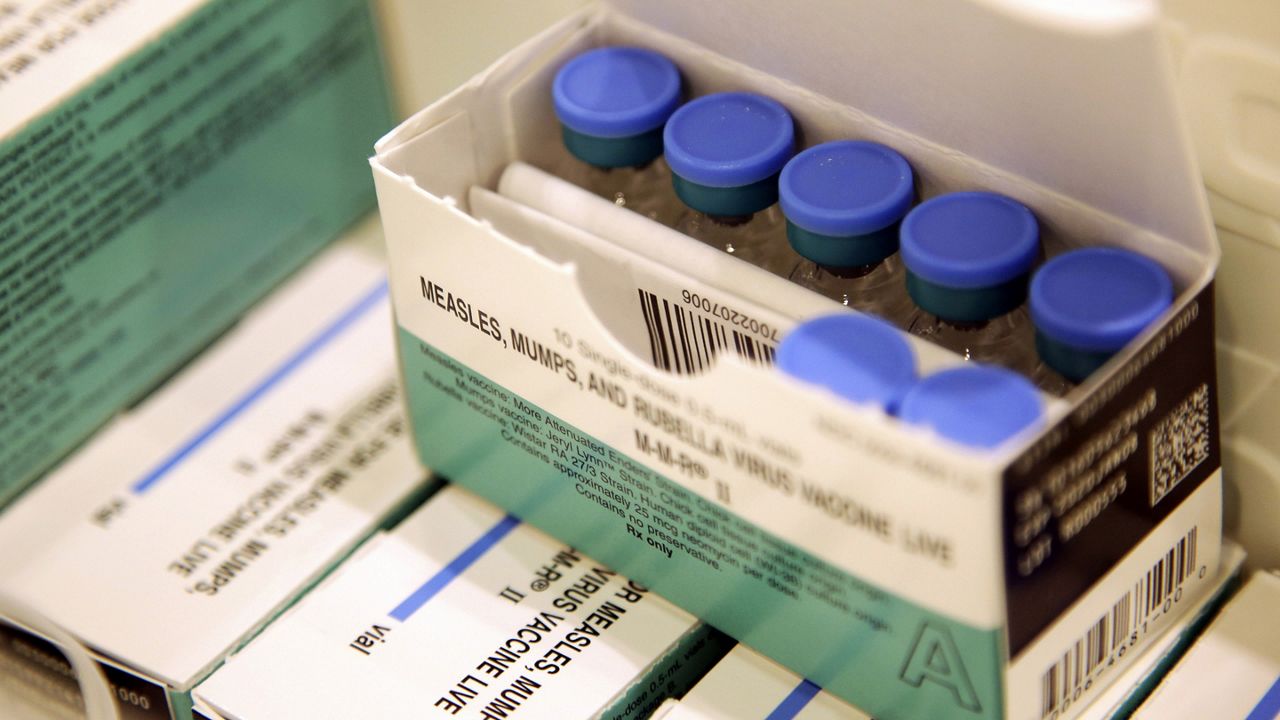HONOLULU — On Saturday, the Hawaii Department of Health confirmed a case of hepatitis A infection in a food service employee at Hana Koa Brewing Company, located at 962 Kawaiahao Street in Honolulu.
The DOH said any patrons who consumed food or drink at the establishment from Aug. 3 to 16 may have been exposed to the disease, though the likelihood “is very low.” The DOH Disease Outbreak Control Division is notifying the public, however, so that anyone who experiences symptoms can contact their health care provider.
Hana Koa Brewing Company had no prior food safety violations that resulted in this case and was merely the place where the infected employee was working, according to DOH. The establishment has cooperated with DOH “to exclude ill and exposed food handlers and does not pose any ongoing risk for disease transmission associated with this case.”
Hawaii DOH urges those who have not been vaccinated against hepatitis A to contact their health care provider if they develop symptoms and should mention their potential exposure. Early diagnosis can help stop further spread of the disease. Those who have been in close contact with infected individuals can obtain a post-exposure prophylaxis, which is most effective when it’s administered within two weeks of exposure to hepatitis A.
Symptoms include fever, fatigue, loss of appetite, abdominal discomfort, dark urine, diarrhea and yellow skin and eyes. Anyone, including food service employees, experiencing symptoms are advised to stay home and contact their health care provider.
DOH says there is no specific treatment for hepatitis A other than rest. The body will clear the virus on its own.
Hepatitis A is usually spread through close person-to-person contact or by consuming contaminated food or drink.
Since 2006, the hepatitis A vaccine has been routinely recommended for children ages 12 to 23 months old and youths ages 2 to 18 years old who have not been vaccinated. The vaccine is also recommended for “other groups at higher risk.” The vaccine is effective at preventing infection and provides lasting protection. Boosters are not recommended.
Vaccines provide the best protection but individuals can also prevent the spread of hepatitis A through safe cooking practices, as well as frequent handwashing with soap and water after using the restroom, after changing a diaper and before preparing food, according to DOH.
Visit the DOH website for more information on hepatitis A and a list of vaccinating pharmacies.











